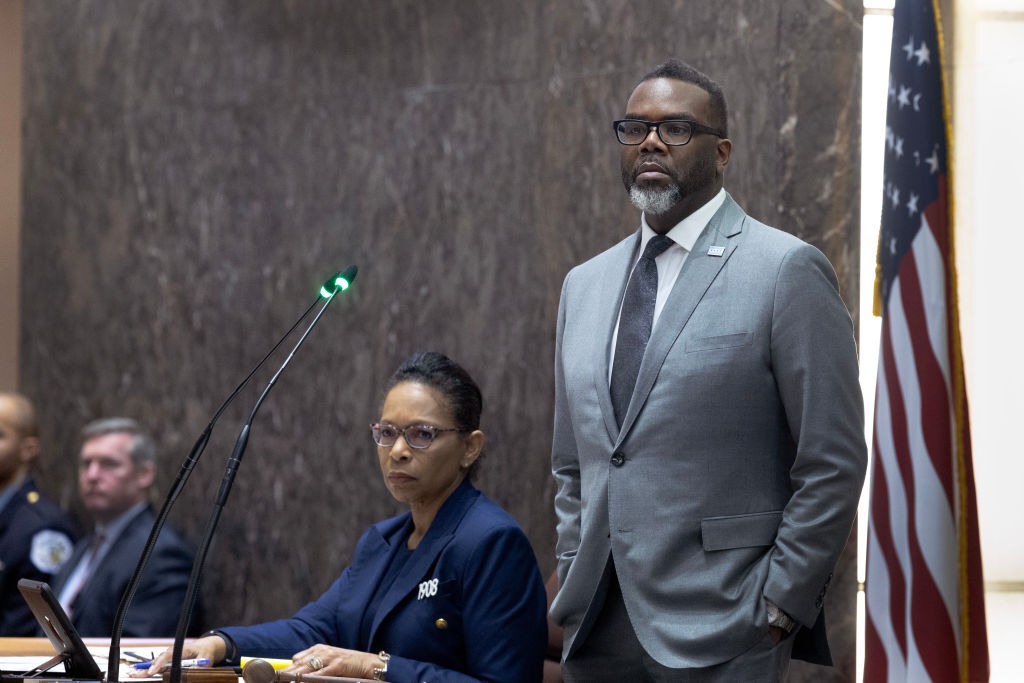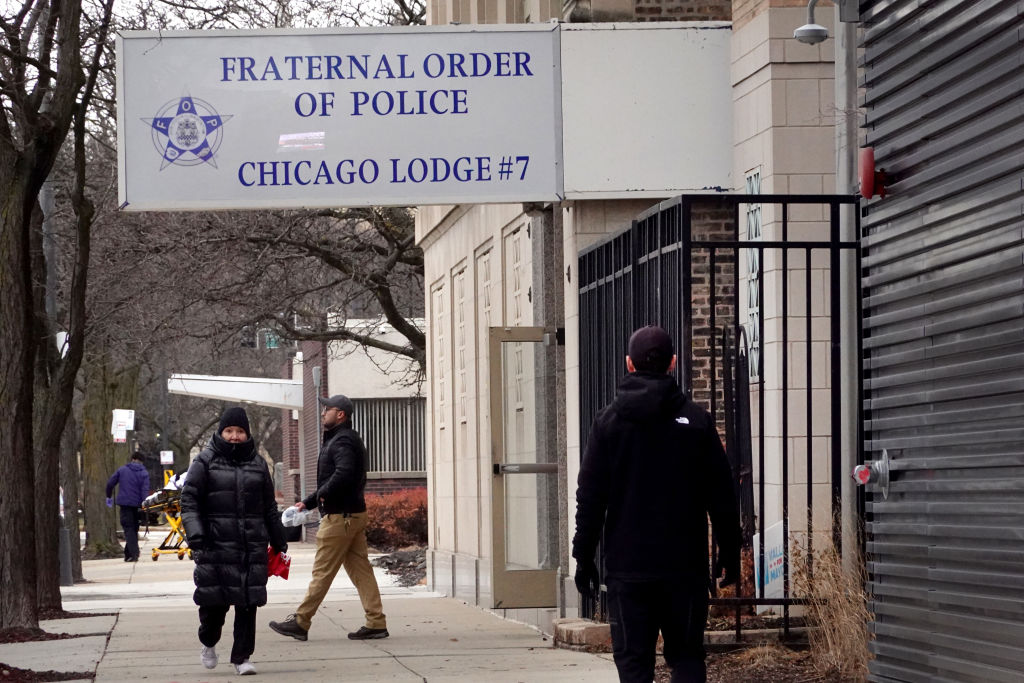With Deborah Witzburg’s confirmation as inspector general at April’s city council meeting, Chicago finally has an internal governmental watchdog back on duty.
The department Witzburg heads is among the strongest government oversight offices in the country, a Better Government Association Policy Team comparison of the 20 largest U.S. cities found, but lacks independent authority to release its final reports to the public.
In a number of recent high-profile investigations, including probes of the Anjanette Young wrong-raid and the Hilco smokestack demolition in Little Village, the public has seen only short synopses of the inspector general’s work in the agency’s quarterly summary reports. Detailed reports can only be released at the discretion of corporation counsel, the city’s top lawyer, and only in limited circumstances.
Chicago’s city council can bring the Office of Inspector General in line with national best practices for a fully independent oversight agency by mandating full release of all completed investigation reports, redacted only where required by law. The BGA Policy Team recommends ordinance updating the inspector general’s reporting requirements to match those of the deputy public safety inspector general, Witzburg’s former position, which already has a statutory duty to release reports publicly when an investigation is concluded.
Oversight Across Large American Cities
Of the 20 largest cities in the country, 13 have an inspector general or equivalent oversight office tasked with a wide array of investigatory, audit and compliance duties, the BGA Policy Team found. Four others have offices that perform limited financial audits but lack a broad investigatory remit, while three have no dedicated oversight office or split the responsibility across multiple departments.
Only six cities have robust oversight offices that meet a majority of the national Association of Inspectors General standards for statutory independence and authority: New York, Chicago, Austin, Jacksonville, Denver and Washington.
The chart below shows the extent to which each city’s oversight ordinances meet the following standards for departmental independence:
-
IG may independently initiate investigations: The office may set its own agenda and pick its own subjects for investigations, without needing approval or consultation from the executive or legislative branches.
-
Statutory qualification requirements: The selection process for the inspector general or other oversight officer includes relevant qualification requirements such as experience in internal investigations, audits, or compliance, as well as freedom from personal conflicts of interest.
-
Term protection: Once appointed, the inspector general may only be dismissed for cause, with a public process to ensure that the dismissal is justified.
-
Budget and staff protection: The inspector general’s office hires and can fire its own staff and is guaranteed sufficient funding to perform its functions, either with a budget floor or with statutory language requiring the government to meet reasonable funding requests from the inspector general’s office.
-
Authority to inspect legislature: The office’s investigatory powers include oversight of the legislative branch as well as administrative departments.
-
Public release of findings: The office is either mandated by law to publish final reports or given statutory discretion to do so without requiring permission or approval from the executive or legislative branches.
Jacksonville and Washington, D.C., are standout examples, with full independence to pursue their investigations, term and budget protections and a duty to release finished reports to the public except where redacted for legally protected informatio
Budgets and Staffing
The 20 largest American cities varied widely in their funding and staffing levels for inspector general offices. Median funding as a percentage of the total city budget was around 0.07%, which was exactly the level that Chicago’s inspector general office received in 2020 (the last year for which actual expenditures are available).
Most departments were relatively small, with a median staff of 22 full-time employees or equivalents. New York, Chicago, Denver and Washington were all substantially larger than average, with 361, 71, 75 and 103 FTEs, respectively.
The chart below is 0rdered by the percent of total city budget assigned to the inspector general’s office. Denver spends more proportionately on its oversight office than any other major U.S. city, and Philadelphia the least.
Reporting Authority
Even in cities with robust IG offices, authority to release findings to the public is often limited by law, resulting in detailed investigations that may only be seen by elected officials or city administrative staff. In some cases there are no specific statutes mandating the public release of findings, leaving it to the discretion of the IG’s office. Only three of the 20 largest U.S. cities explicitly require the public release of IG findings.
Chicago falls into the “limited by law” category: Current city statute expressly requires the inspector general to keep reports of investigations private unless one of two criteria is met: either the investigation concerns “inefficient or wasteful management,” or public release is requested by a person known to have been under investigation who is exonerated by the report.
In addition to those criteria, the city’s corporation counsel may, at their sole discretion, release reports publicly if a report contains a sustained finding that “either (1) is associated with a death, or (2) is or may be a felony as defined in the Illinois Criminal Code and is of a compelling public interest.” Because the corporation counsel’s authority is entirely discretionary, there’s no requirement to release the report even if it deals with a death or felony conduct.
Chicago also has a separate, consent-decree-mandated position of public safety deputy inspector general, which Witzburg held previous to seeking the nomination for inspector general. That position, unlike the inspector general, is required by law to promptly post all finished reports and recommendations publicly, with no restrictions or deference to the corporation counsel.
BGA Recommendations
To fully empower Witzburg in her new role, city council should pass an ordinance to expand the inspector general’s authority and bring Chicago in line with the AIG-identified best practices.
Language replacing the current limitations on the inspector general’s authority to release reports with the same standards used for the deputy public safety inspector general will strengthen the inspector general’s independence, provide more transparency for the taxpayers and ensure that Chicago retains one of the strongest oversight offices in the nation.







